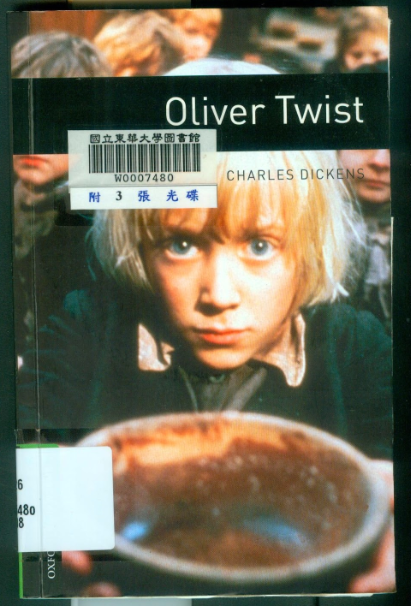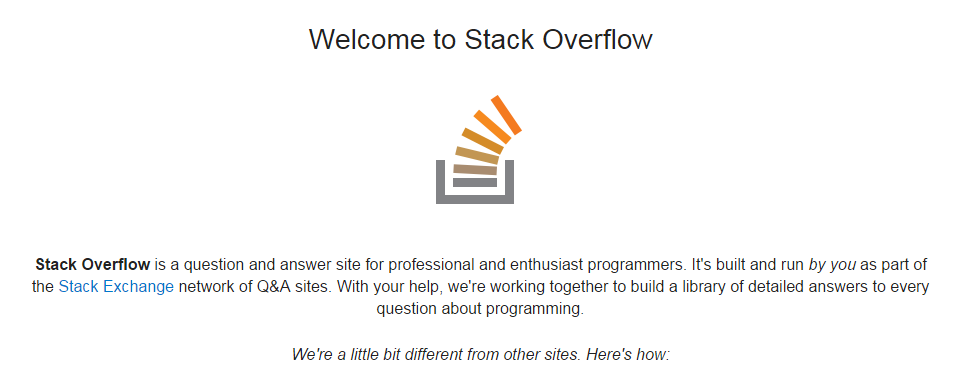profit - ()
Some people intend for the terms income and profit to have the same meaning. For example, the income statement was commonly referred to as the profit and loss (P&L) statement. When a company is profitable, we mean that the company has a positive net income.
To aid in understanding these terms, the word "net" is often added. Hence, we often see the terms net income and net profit. This communicates that the amounts are the remainder after expenses have been deducted. For example, a company's profit margin is often listed as the net profit margin (which is defined as the company's net income divided by its net sales). The word "net" also helps to distinguish a company's net profit from its gross profit, and its net profit margin from its gross profit margin.
Some people use the term income to mean revenues. For example, a bank or an individual will often refer to the interest they earn on bond investments as interest income or investment income. A retailer will refer to the sales of merchandise as revenues, but the revenues from secondary activities will be reported as other income ornonoperating income.
It is wise to keep in mind that different meanings are not unusual among people, businesses and countries.
















